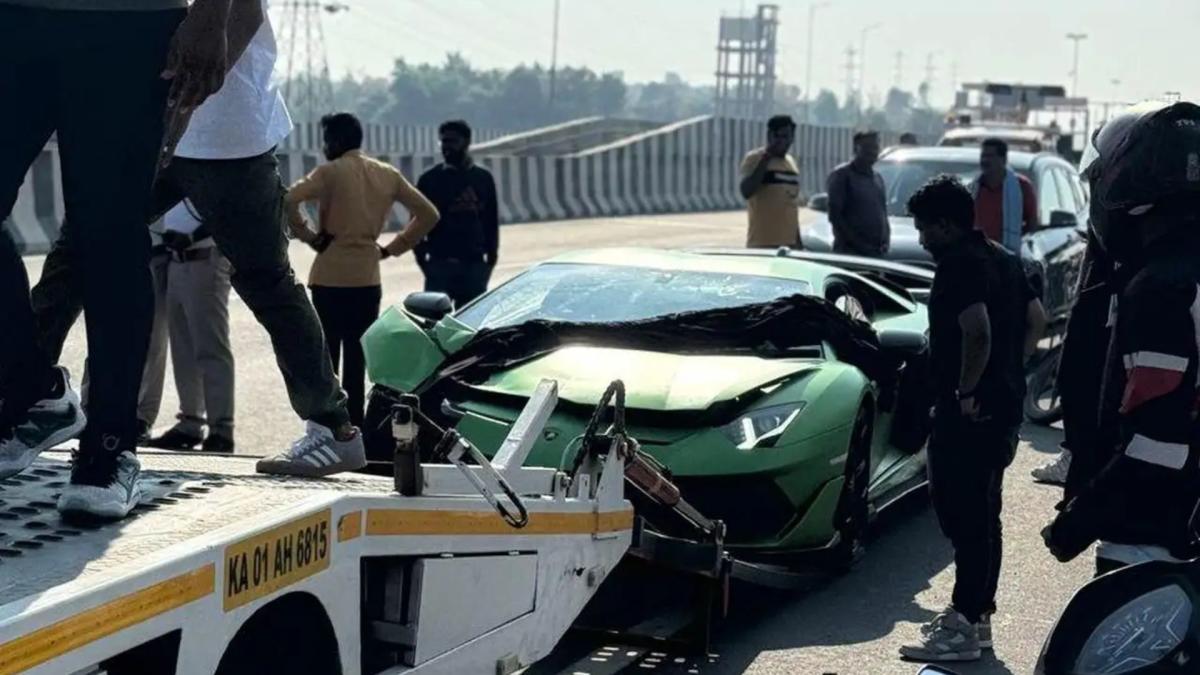The Supreme Court has narrowed the scope of a federal law charging hundreds of people with obstructing Congress during the Jan. 6, 2021 Capitol riot, jeopardizing many of those criminal cases.
Friday’s ideologically mixed 6-3 ruling could force federal prosecutors to reconsider charges in dozens of ongoing cases, and it could force judges to resentence some defendants already sent to prison for disrupting Congress’s effort to certify Joe Biden’s victory in the last presidential election. About 350 of the more than 1,300 defendants indicted Jan. 6 face obstruction charges that are now being thrown out of court.
The majority concluded that the felony obstruction provision, adopted in 2002 in the wake of the Enron scandal, applies only in cases where prosecutors can prove that a suspect attempted to manipulate or steal documents or other data relating to a government proceeding. to disturb. The court rejected the government’s position that the challenged provision covers other activities that could interfere with an official proceeding — a ruling that depended on an extensive analysis of the word “otherwise” built into the law.
“Reading [the provision] “To cover all forms of obstructive conduct would nullify Congress’s careful delineation of what penalties are appropriate for what offenses,” Chief Justice John Roberts wrote for the court’s majority.
The ruling could have limited impact on the obstruction charges facing former President Donald Trump for his attempt to thwart the certification of the 2020 election results. Special counsel Jack Smith has argued that even under the strictest interpretation of the law, Trump is still guilty of obstruction because he tried to submit forged documents — fake electoral certificates — as part of his all-out effort to stay in power.
That argument, however, may not be available in many other cases related to Jan. 6. If prosecutors cannot show that the rioters intended to obstruct the counting of physical ballots, the Justice Department will likely have to drop the obstruction charge.
The Supreme Court’s decision was characterized by a somewhat unusual attitude from the judges. Roberts’ narrower view of the provision won the votes of most of his fellow conservatives plus liberal Justice Ketanji Brown Jackson. Conservative Justice Amy Coney Barrett wrote the dissent with the court’s two remaining liberals.






